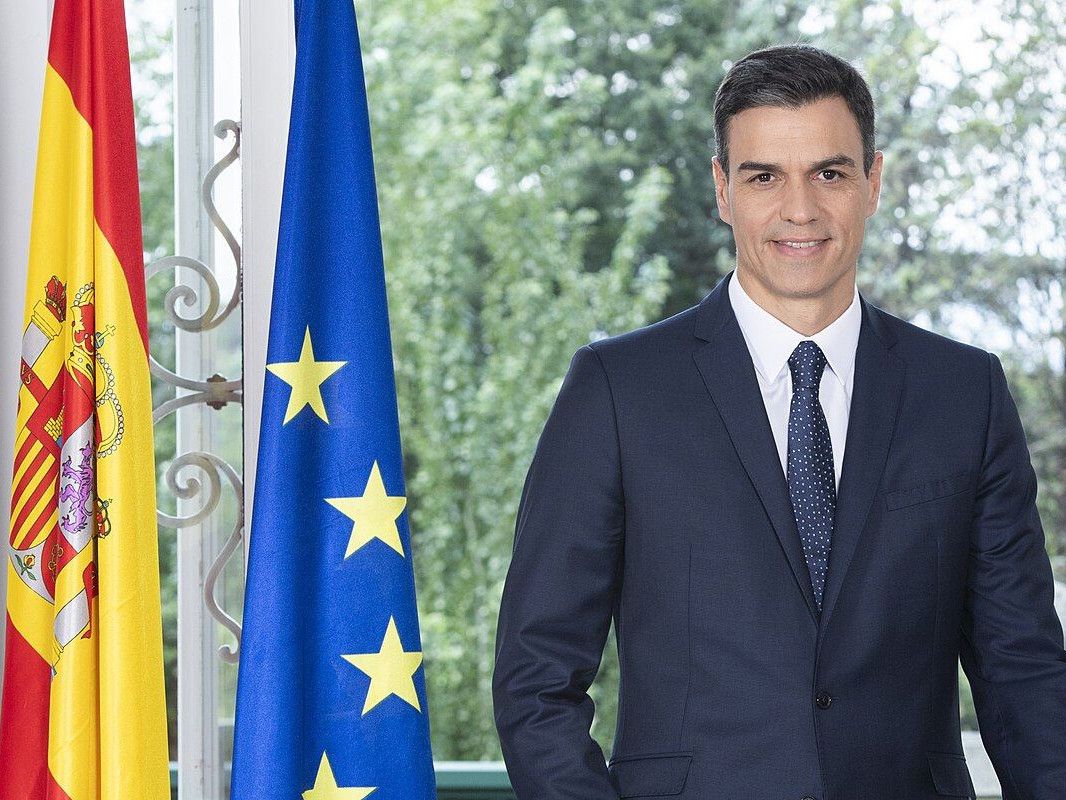The government leader wrote on the social network X that the Spanish government will "submit a proposal to Parliament to constitutionalize the right to voluntary termination of pregnancy, in line with the jurisprudence of the Constitutional Court."
Sánchez also promised a review of the law regulating voluntary termination of pregnancy (VGA) in Spain to "prevent misleading or scientific information about abortion from being disseminated."
This announcement comes after the largest opposition party, the Popular Party (PP, right), approved this week a proposal presented to the Madrid municipal assembly by the far-right Vox party regarding VGA. The approved proposal stipulates that in Madrid, healthcare professionals must inform women requesting abortion of an alleged "post-abortion syndrome," which could lead to drug and alcohol use, suicidal thoughts, and an "increase in cancers of the female reproductive system."
This alleged "post-abortion syndrome" does not exist and is not validated by science, as Mayor José Luis Martínez-Almeida later acknowledged, assuring that healthcare professionals will not be required to mention it to women seeking abortions.
The Vox text, approved by the PP, stated that the alleged "post-abortion syndrome is deliberately hidden," especially in Spain, and that abortion is "big business for the ideology that supports and promotes it: feminism." Amid the controversy and even before Martínez-Almeida's retreat, the PP's national leadership, chaired by Alberto Núñez Feijóo, said it supported the mayor and the party's Madrid structure, arguing that "information is never a problem."
"The PP has decided to merge with the far right. They know best. They can do it, but not at the expense of women's freedoms and rights," Sánchez wrote in X, justifying the two proposals the government will advance in parliament.
The PP has already rejected the possibility of supporting the inclusion of the right to abortion in the Constitution, which makes its approval impossible due to the lack of a majority in parliament to amend the country's fundamental law.
The largest opposition party also accused Sánchez of exploiting this issue to create a new "smokescreen" to divert attention from the government's problems and the controversies involving the executive branch and the prime minister's family related to corruption allegations. France is currently the only country that explicitly recognizes the right to abortion in its Constitution, following an amendment introduced last year.
Spain's current abortion law dates back to 2010 and establishes free access to abortion at the woman's request up to 14 weeks of gestation.
For health reasons, the woman or the fetus can request abortion up to 22 weeks. In cases of extremely serious fetal illness or anomaly, abortion can be performed after this time.










